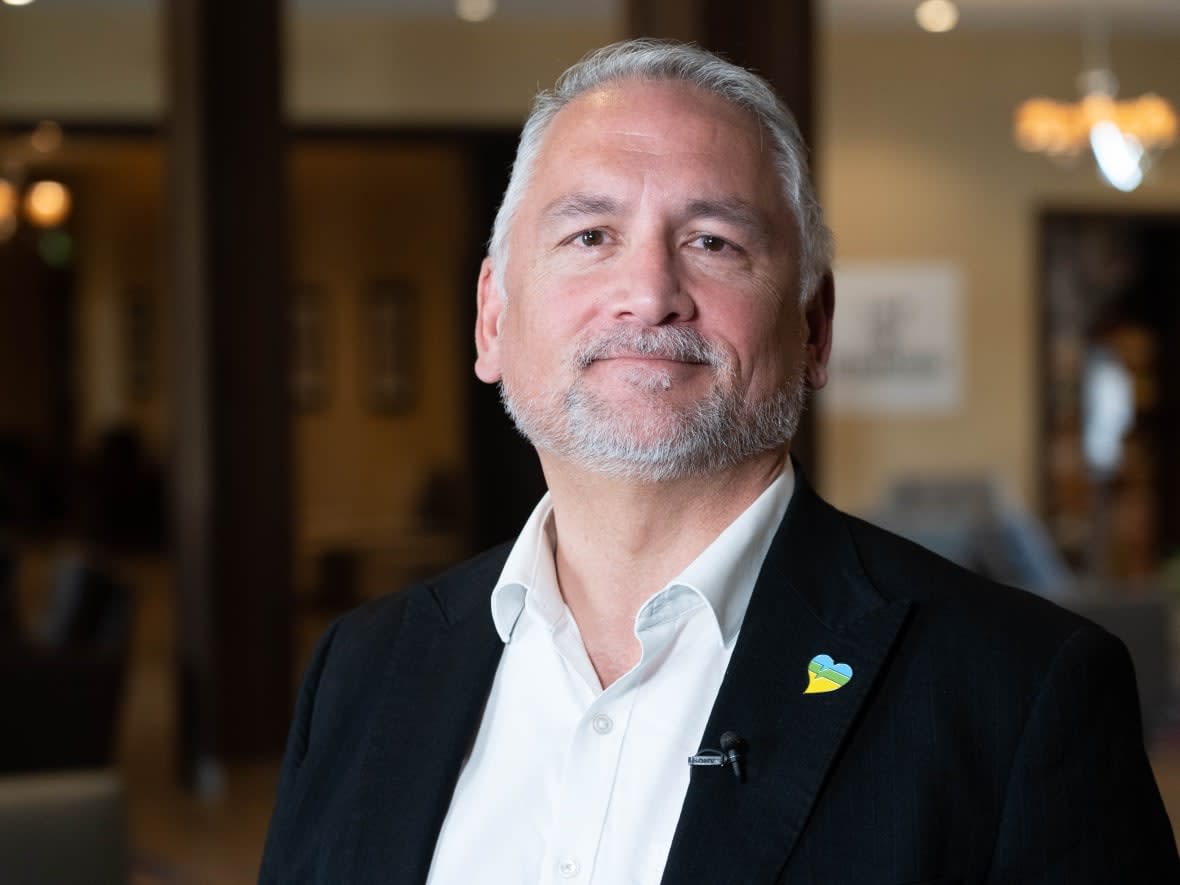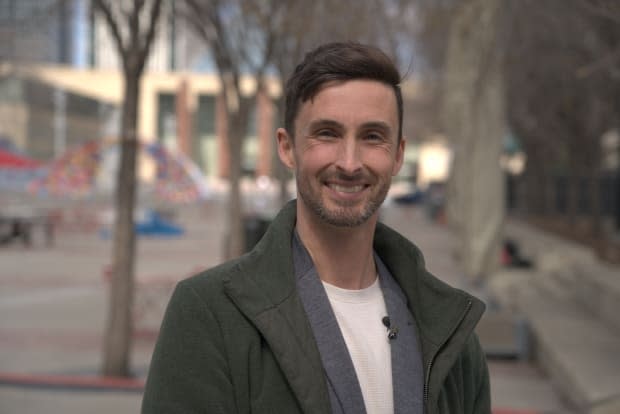Smaller political parties ponder future after dismal results in Alberta election

Alberta's smaller political parties are assessing their future after failing to elect any candidatess in the May 29 election.
The next legislature will have 48 members from the United Conservative Party, 38 from the Alberta NDP and one independent.
All other parties were shut out for the second election in a row.
The Alberta Party and the Alberta Liberals saw sharp declines in their vote share. After running a full slate of candidates in 2019, the Alberta Party was only able to get 19 candidates on the ballot who received a total of 12,715 votes, compared to 171,988 four years ago.
Albertans cast 18,474 votes for Liberal candidates in 2019. That dropped to 4,282 in 2023. Elections Alberta said 1,763,441 valid votes were cast in the election.
Alberta Party leader Barry Morishita, who placed third in the riding of Brooks-Medicine Hat, is pondering the future of the party and his own leadership. He says he plans to take the summer to make a decision about whether he sticks around.
"I took a significant financial hit doing this job and I'm not in a position to be able to do it forever," he said.
"My age and my financial situation, all those things put together, I would think that it would be unlikely that I would be the leader in the four years from now."
Liberal leader John Roggeveen said he was disappointed the party was unable to get a candidate elected to the Alberta legislature. He said the Liberals need to change their approach.
Roggeveen said the Liberals need to do more outreach to grow the party and perhaps find ways to co-operate with the Alberta Party and the Alberta Green Party.
"I don't see things being much different four years from now than what they are now," he said. "Unless we can bring about some changes, we've got the same two parties in the legislature. "
Both Morishita and Roggeveen said they believe having a third party in the legislature would balance the polarization between the UCP and the NDP.
Morishita said the board and membership need to make some decisions about the future of the Alberta Party, For instance, would they have the volunteers and money to compete in the next election or should they cooperate with or merge with the other small parties?
"There does have to be a change in strategy about how we move forward and under what conditions," he said. "It's gonna be a tough couple of years for all the third parties, I think."
Missed opportunity
The Alberta Green Party received the third largest share of votes in the election with 14,085 votes, nearly doubling what its candidates received four years ago.
Leader Jordan Wilkie said the vote total shows his party's support is moving in the right direction.
He said the UCP and NDP spent the campaign criticizing each other, while the Greens offered Albertans a progressive choice.
Wilkie laughed on hearing Roggeveen and Morishita didn't rule out a collaboration of some kind. He said he approached both parties with that idea when he first became leader but they weren't interested.

"This is the conversation we should have had three years ago," Wilkie said.
"We are the third party now with momentum. And if there's going to be collaboration, then there needs to be a full-on merger and that merger needs to happen underneath the Green banner."
Lending your vote
Morishita is unhappy with past Progressive Conservative cabinet ministers like Thomas Lukaszuk and Doug Griffiths who endorsed NDP candidates during the campaign
Griffiths, in particular, has supported the Alberta Party ever since the PCs merged with the Wildrose Party in 2017 to create the UCP.
Morishita said urging people to vote against a party like the UCP instead of voting for a third option helps perpetuate the current two-party system.
"When people like Doug do that, it kind of sets everything back in my opinion because now he's kind of modelled that the way to success is to just to vote for the best of the worst," he said.
When reached by CBC for reaction, Griffiths suggested the stakes were too high in this election so he endorsed a party that had the best chance of beating the UCP.
Griffiths said he understands why Morishita is frustrated but he worried about the influence of grassroots group Take Back Alberta on Smith and how the Sovereignty Act would affect the province's future prosperity.
"I also wish that Albertans would embrace a more middle-of-the-road party that supports practical, pragmatic solutions to real-world problems instead of ideology," he said.
"But in this election, that just wasn't going to pan out."


